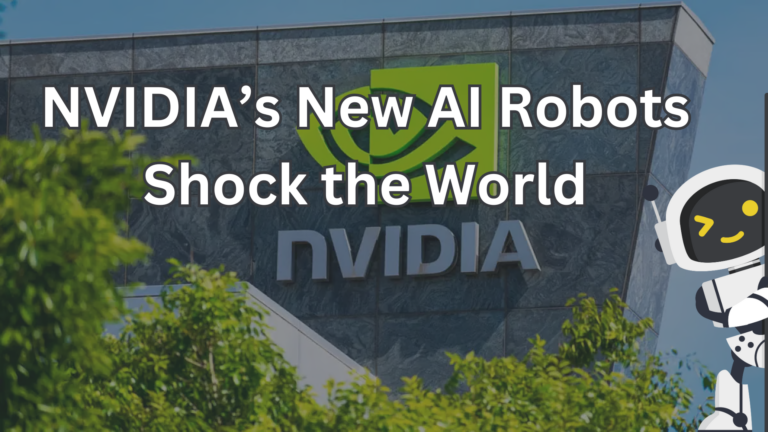New to Rust? Grab our free Rust for Beginners eBook Get it free →
How Data Science Can Help Solve Real-World Problems

From healthcare and finance to marketing and technology, data science has a wide range of applications in various industries. Through data analysis techniques like machine learning and predictive analytics, key insights can be revealed from the vast amounts of data available today and this also offers us the potential to solve many real-world problems.
With 17,700 openings for data scientists projected each year, on average, over the decade data science remains one of the most promising career paths. If you would like to develop your skills in this area, there are many data science courses online for you to choose from. This article will explore some of the ways data science is currently being used to solve real-world problems.
Applications in Healthcare
Data science plays a key role in the field of healthcare. Some of its applications include:
- Health tracking devices: Health tracking devices that monitor key health data such as heart rate, blood sugar levels, and brain activity can allow doctors to gain valuable information on their patients helping them to detect and treat health conditions early.
- Medical image analysis: Data science can assist healthcare professionals in identifying various health conditions and abnormalities such as tumors, bone fractures, and other anomalies through medical imaging like MRI, X-ray, and CT scans.
- Drug development: Drug development is a time-consuming process that requires extensive research. This process can be streamlined with the use of data science as clinical trial results, case studies, and other medical data can be analyzed to predict the potential effects of new drugs bringing them to market faster.
- Genomics: Data science can help to map and analyze genome sequences assisting in identifying anomalies, genetic markers, and disease risks. This also has significant applications in the area of personalized medicine.
Better Policing Practices
Data science is being used for social good through its applications in the area of police reform. One example of this is Campaign Zero, an organization that uses data to advocate for policy reforms focused on ending police violence in the U.S.
Campaign Zero collects data from various parts of the country which is then used to help improve policy decisions. Some of the suggested policy solutions include making police wear body cameras and undertake bias training. Campaign Zero also intends to use predictive analysis to reveal the possible outcomes of reforms such as banning chokeholds, ending aggressive policing of minor crimes and activities known as ‘broken windows policing’, and establishing citizens’ review of police investigations.
Fighting Cybercrime
The global cost of cybercrime is estimated to be $6 trillion per year, with a typical malware attack costing a company over $2.5 million. Data science plays a crucial role in assisting IT teams to proactively manage and mitigate threats.
For instance, a data mining technique known as Associate Rule Learning (ARL) is commonly used in cybersecurity to detect patterns and predict potential problems by spotting anomalies and commonalities with previous incidents. As a result, organizations can take proactive steps to prevent cyber crimes before they occur.
As the field of data science advances its applications in solving many of the problems we face in the world today will no doubt continue.




